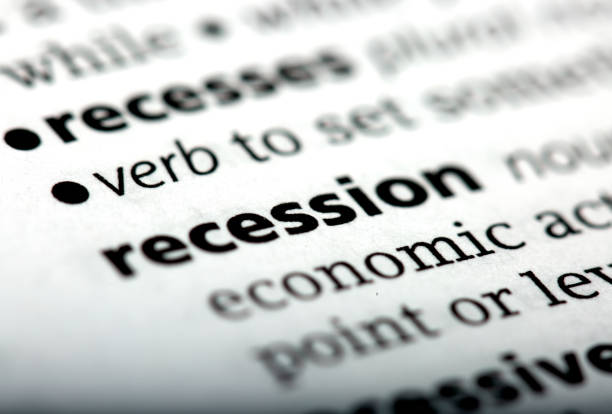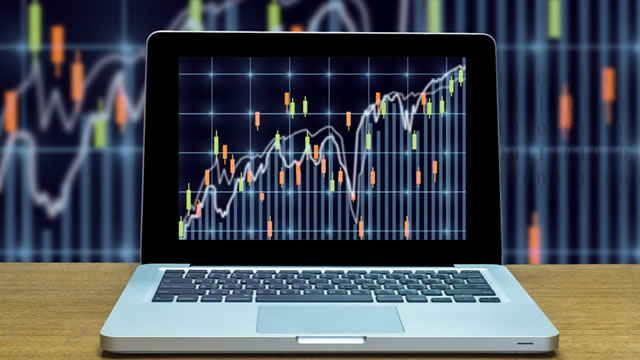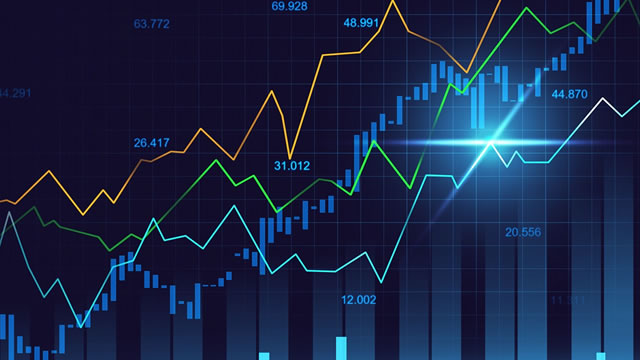The “R” word: How Recessionary Winds are Impacting the Economy
The “R” word is being used more and more as recessionary winds start blowing more loudly through economic data and the price actions across the asset markets. The fear of an economic downturn is palpable, as businesses and consumers brace themselves for potential challenges ahead.
What Does the “R” Word Mean?
Recession is a term used to describe a significant decline in economic activity across the country or globally. It is characterized by a decrease in GDP, rising unemployment rates, and a general slowdown in business activity. Recessionary periods can have wide-ranging impacts on businesses, individuals, and governments.
The Current Economic Landscape
Recent economic data has shown signs of weakness, with slowing growth rates and uncertainties around trade tensions and geopolitical issues. Stock markets have been volatile, and investors are becoming more cautious about the future outlook of the economy.
How Will This Affect Me?
As the economy weakens, individuals may experience challenges such as job losses, reduced income, and inflationary pressures. It may become harder to find new job opportunities or to secure loans for major purchases. Consumers may also cut back on discretionary spending, impacting businesses across various sectors.
How Will This Affect the World?
A global recession could have far-reaching implications, impacting trade flows, geopolitical dynamics, and social stability. Countries with strong economic ties to the US or other major economies may see their own growth rates decline. International organizations such as the IMF and World Bank may need to provide support to struggling economies.
Conclusion
As the “R” word becomes more prevalent in economic discussions, it is important for individuals and businesses to prepare for potential challenges ahead. By staying informed, diversifying investments, and managing risks appropriately, it may be possible to navigate the uncertain economic landscape ahead.





